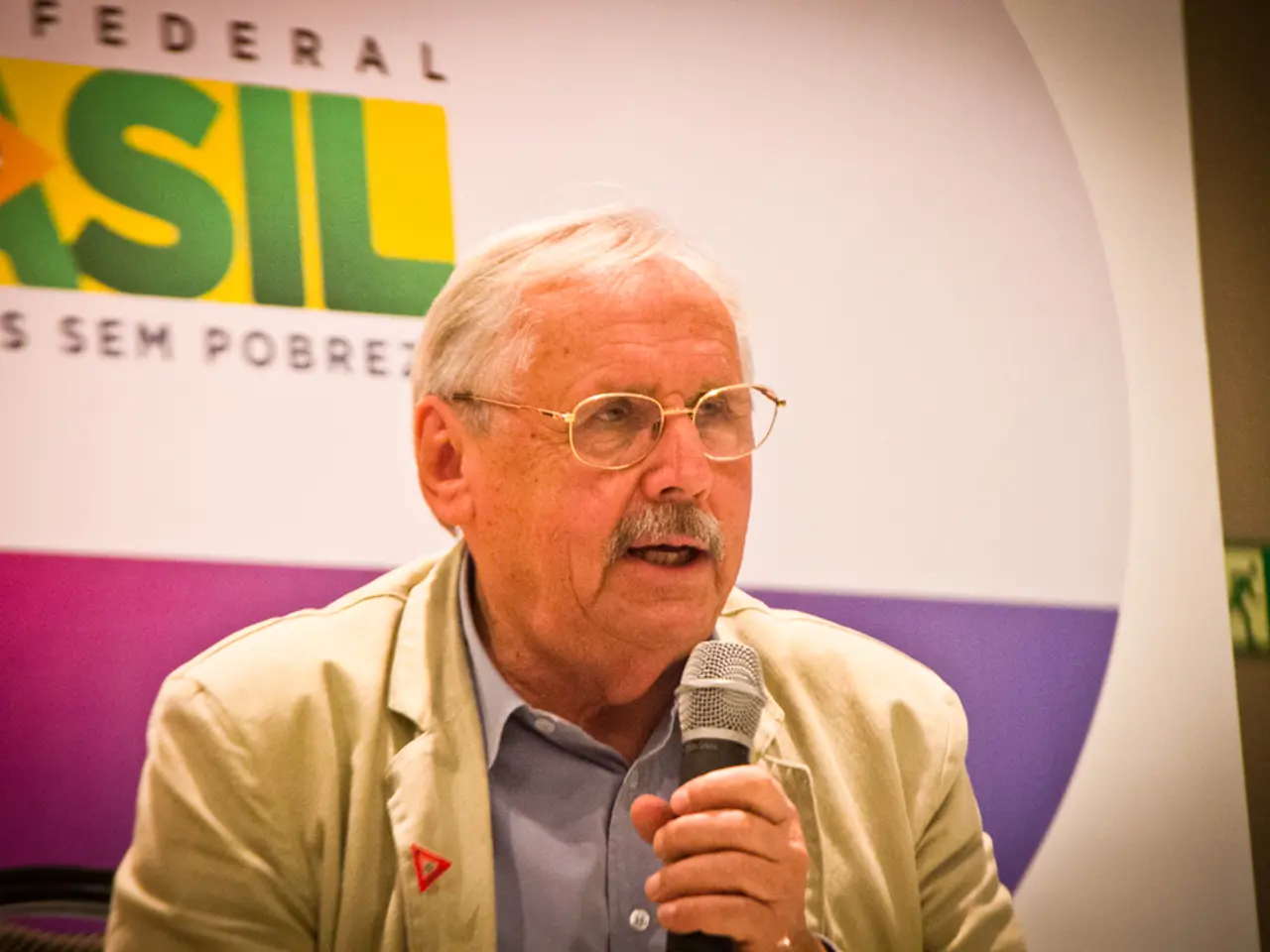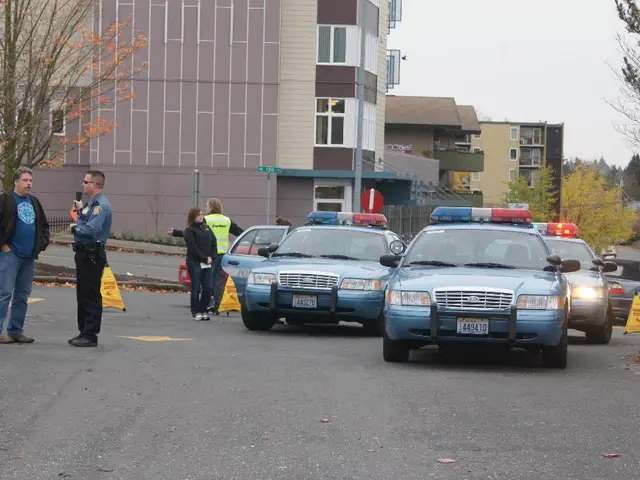Breaking News: Political Turmoil Grace Nation
In a move that fits the pattern of his second term, President Donald Trump declared a "crime emergency" in Washington, D.C. on August 11, 2025. This declaration enabled him to rule via executive order on various issues, including border protection and economic tariffs, but most notably, to assert federal and military control over policing in the city.
The Trump administration mobilised approximately 800 National Guard members from D.C. and cooperating states, with additional state National Guardsmen and federal law enforcement agents patrolling the streets. The Attorney General was directed to take control of the Metropolitan Police Department (MPD).
However, official crime statistics contradict Trump's justification. Violent crime in Washington, D.C. had actually decreased by about 26% year-to-date and was reported by the Department of Justice to be at a 30-year low. Critics question Trump's motives, pointing to his history of using crime-related issues to stoke racial and political tensions.
The federal takeover involved three main elements: use of National Guard troops, invocation of a statutory emergency power to requisition MPD services, and a surge of federal law enforcement agents from agencies including the Department of Homeland Security and FBI. This federal intervention has initiated a power struggle between the District authorities and the White House over control of the police department.
Legally, the actions raise significant concerns. The use of National Guard forces for domestic law enforcement invites scrutiny under the Posse Comitatus Act, which generally limits military involvement in civilian police matters. Furthermore, fluctuating local crime rates do not traditionally justify a federal takeover, calling into question the legal basis for these measures. There are also worries about accountability and the potential for escalated aggressive policing.
As of mid-August 2025, about 800 National Guard members had been mobilized on the ground, with hundreds more en route, along with 500 newly deployed federal agents actively patrolling or setting up checkpoints in D.C. The situation remains dynamic, with ongoing tensions between federal and local authorities over policing control in the district.
Residents of Washington, D.C., such as Tom Power, a resident of the hip Logan Circle neighbourhood for over a decade, have never felt threatened by crime, never being a victim himself. However, Washington native Sheina Taylor feels more fearful with the presence of troops, expressing concerns especially as an African-American resident. Jeraod Tyre, who's lived in Washington for 15 years, sees crime slowing down but expresses concern about the lack of local knowledge among National Guard troops.
The city's police and federal officials are projecting cooperation to reduce crime, as per President Donald Trump's call for an uneasy partnership. Mayor Muriel Bowser, who has had a strained relationship with President Trump, has pledged to work alongside the federal officials tasked with overseeing law enforcement, while insisting the police chief remains in charge. The future of policing in Washington, D.C., remains uncertain, with ongoing tensions between federal and local authorities.
[1] Associated Press, "Trump takes control of D.C. police amid crime emergency declaration," August 11, 2025. [2] Associated Press, "Fact check: Crime down in D.C. despite Trump's emergency declaration," August 12, 2025.
- Critics argue that President Donald Trump's declaration of a "crime emergency" in Washington, D.C., on August 11, 2025, questionable, given that crime rates in the city have actually decreased by approximately 26%.
- The federal takeover of the Metropolitan Police Department (MPD) by the Department of Justice, involving National Guard troops and federal law enforcement agents, has sparked concerns in politics and public safety, the potential for escalated aggressive policing being a significant worry.
- The Posse Comitatus Act, which generally limits military involvement in civilian police matters, may be invoked for scrutiny due to the deployment of National Guard forces for domestic law enforcement in this situation.
- The initial response to the federal takeover of the MPD in Washington, D.C., has been a power struggle between the District authorities and the White House, with debates over control of the police department ongoing.
- While some residents like Tom Power, a long-time Logan Circle neighborhood resident, do not feel threatened by crime, others, such as Sheina Taylor and Jeraod Tyre, express fears about the presence of troops and lack of local knowledge among National Guard troops, respectively.






